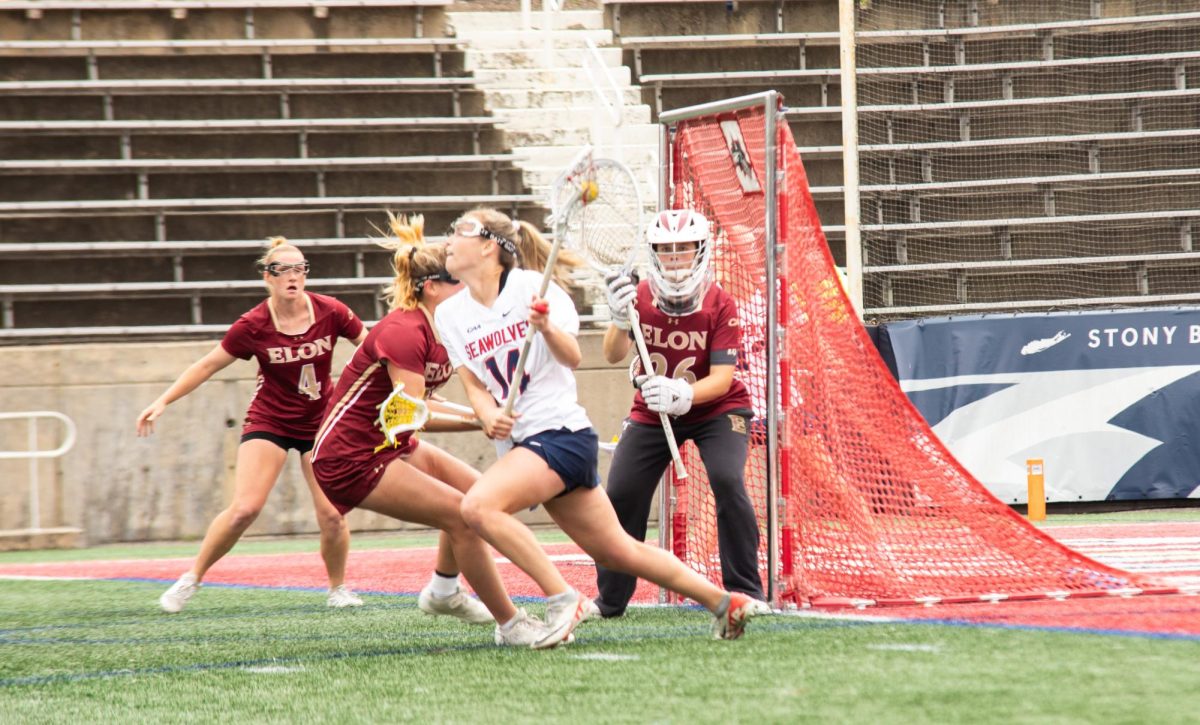A soldier’s duty is to protect his country, but whose job is it to protect these men and women when they finally come home from the horrors and stress of war. It is estimated by statistics provided by the U.S. Department of Veterans Affairs that about one out of three homeless people you see on the streets were soldiers at one time in their lives.
This is an absolute tragedy. A soldier is paid close to nothing, risks his or her life, is away from their family for years at a time, and experiences a rollercoaster of fear and adrenaline every day they are overseas.
How do we repay them for this? By making it incredibly hard for them to get the help that they need, continuing a military culture of silence, disrespecting them and ultimately relegating them to the waysides of our society.
According to a recent study by the V.A, about a third of all soldiers they have treated have had some form of psychological problem. This statistic becomes even more enhanced by the fact that soldiers are often afraid of seeking treatment for fear of being ridiculed by their units and the military institution as a whole.
This culture and this type of thinking sees these mental disorders as something that is “wrong” and not something that you would expect when you send a soldier to war. There are also reports that the army encourages its psychiatrists not to diagnose post-traumatic stress disorder often known as PTSD.
When soldiers do make the claim for PTSD, the forms that they have to fill out in order to make the claim involves writing and reliving the particular event in painstaking detail. Psychologists, however, believe that PTSD is not always caused by one horrific incident, but rather can be a result of continued stress and fear for ones life over a prolonged period of time.
The soldiers must also go through an overcomplicated and difficult process to receive disability benefits and must face a medical evaluation board as well. Some soldiers claim that military doctors are under pressure to diagnose them with previous mental issues, which could lower their benefits.
Often times to cope with flashbacks and terrible memories these young — and usually male soldiers — will turn to alcohol and other substances to escape the private hell in their minds for a short period of time.
When a person is dealing with such powerful internal demons and trying their best to cope, it is no wonder that these veterans have a hard time maintaining family relationships, jobs and basic well-being. A lot of soldiers from the Vietnam era are dying,well poor, homeless and alone.
This inability to be at peace makes it impossible for these soldiers to get their lives together and face each day in a positive way, instead they sink deeper and deeper into depression. They have no real support system. Not the military who stigmatizes them as weak. Not the government which makes it hard for them to get help. Eventually even their family, friends, and loved ones leave.
The only way to overcome all these difficulties is if the American people and the government make a decision to make real change when it comes to how we treat our soldiers. There are programs out there that report a lot of successful treatment of PTSD. Former soldiers need a lot of personal support in their lives as well.
Once source of this support is non-judgmental military doctors. Another source of support and possibly the greatest is the family of the soldier. These families often struggle with the behavior of their loved one who is suffering, the only thing that friends and family can do is to provide unconditional love and support for the soldier.
By realizing that the veterans behavior is due to a real problem and not born out of maliciousness will help them understand. However, just because all of us might not know a veteran personally doesnt mean it is not up to us to support them with our day to day activities.
We need to make an effort to change the culture of this country to one where veterans are seen as the heroes they are, not just pawns that you can throw out after they have outlived their usefulness.
In today’s world, the average college student comes from a sheltered background and fewer and fewer people have friends or family in the military. War is glorified in movies, books and video games but the real impact of war is never examined.
Seeing footage on CNN of tanks and buildings exploding from the gun cameras of attack helicopters and jets, provides a sense of distance and causes us to become unattached from the real consequences for everyone involved in a conflict. As we become more and more detached is becomes easier and easier for us to ignore these men and women.
Sadly, because of this a lot of soldiers turn to suicide. Where the external foe could not kill them, the monster inside eventually did. According to the V.A about 6,000 veterans commit suicide every year. That’s more suicides in one year than all the soldiers killed in Iraq and Afghanistan in the last nine.
We are doing a better job killing our troops than the enemy.












